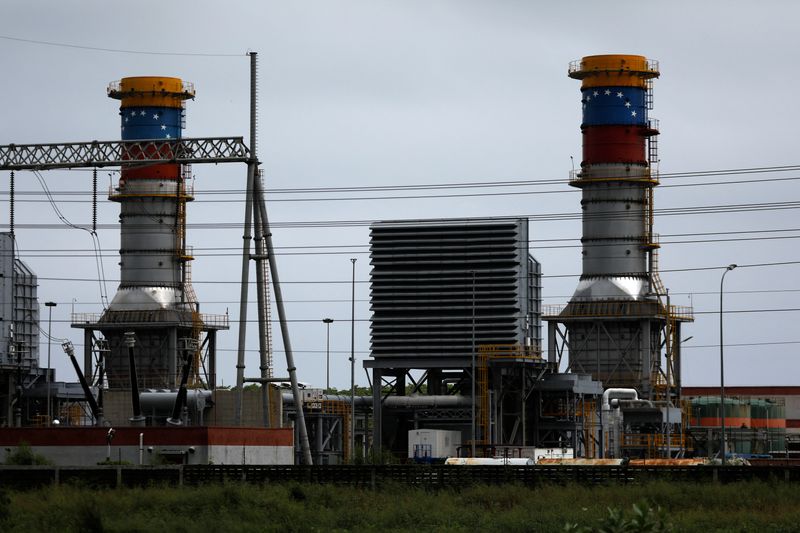By Robert Harvey
LONDON (Reuters) -Oil prices extended losses on Thursday after a 3% drop in the previous session, as investors switched focus to signs that a wider conflict in the key Middle East could be avoided, as well as demand concerns.
futures were down 63 cents, or 0.72%, at $86.66 a barrel, while U.S. West Texas Intermediate (WTI) crude futures traded 64 cents lower, or 0.77%, at $82.05 a barrel at 0947 GMT.
Investors are unwinding the geopolitical risk premium in oil prices on the perception that any Israeli retaliation to Iran’s attack on April 13 will be moderated by international pressure.
“It appears that the international pressure on Israel not to escalate tension with Iran will mercifully lead to a measured and moderate response to the weekend’s strikes,” PVM analyst Tamas Varga said.
Iran is the third-largest producer in the Organization of the Petroleum Exporting Countries, according to Reuters data, and an easing of its conflict with Israel would reduce the potential for supply disruptions.
“Brent is now back to levels before the April 1 attack on the Iranian consulate, suggesting that the latest bout of risk premium from heightened Israel-Iran tensions has eroded,” said analyst Vandana Hari of Vanda (NASDAQ:) Insights.
Meanwhile, analysts at JP Morgan highlighted in a note late on Tuesday that worldwide oil consumption so far in April has been 200,000 barrels per day (bpd) below its forecast, averaging 101 million bpd.
Surging inventories also kept a lid on prices. Oil inventories rose by 2.7 million barrels to 460 million barrels in the week ending April 12, the Energy Information Administration said, nearly double analysts’ expectations in a Reuters poll for a 1.4 million-barrel build.

Stockpiles built as refinery utilization declined at a time when processing typically rises ahead of summer driving demand in the U.S.
Oil prices fell on Wednesday despite the U.S.’ announcement that it would not renew a license set to expire on Thursday that had broadly eased Venezuela oil sanctions.

